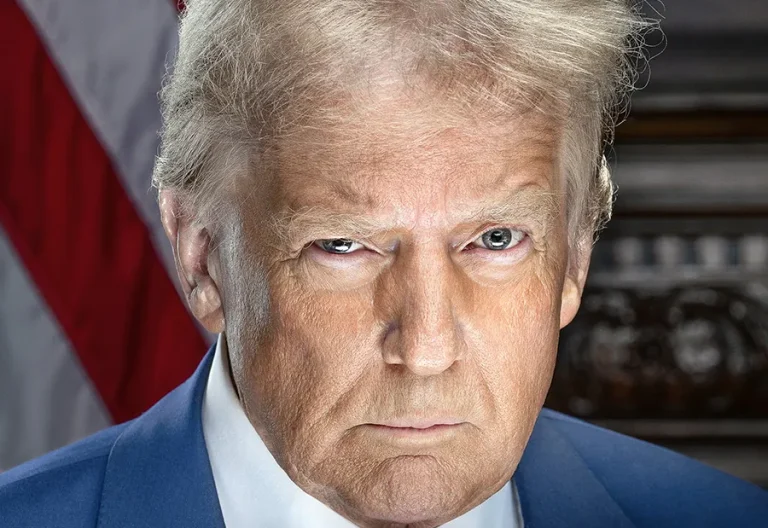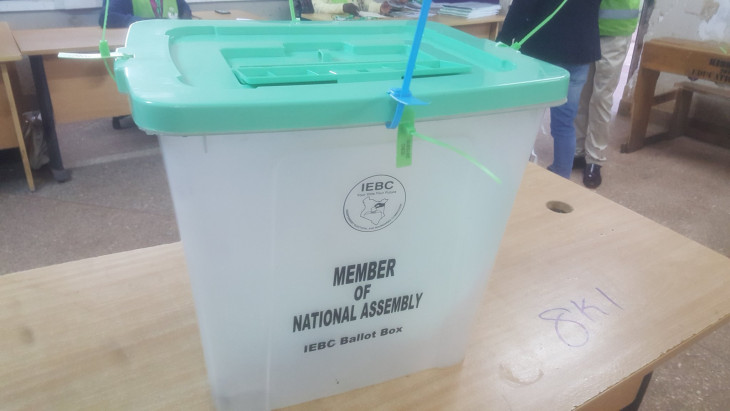US global retreat allows China to review its approach

Recently, during a conversation with a friend of mine who is a researcher in the Department of Political Science at Susquehanna University in the United States, we both agreed that President Donald Trump has given America multiple faces on the global stage.
When I was growing up, America had positioned itself as the global leader in every aspect of humanity. It always stood for collective good, unlike the current situation where Trump is championing the “America First” ideology. This shift has left many people around the world disillusioned, and my friend told me that the actions of the new administration have divided America down the middle, with many people just “watching” to see how far it will go.
Nearly two months into his presidency, Trump’s foreign policy deviated from traditional approaches. The “America First” agenda emphasised prioritising US interests and abandoning key allies, reshaping America’s role in global cooperation. This shift in policy led to strained relationships, especially with Europe, and a move away from multilateralism. Trump’s approach, marked by unpredictability, contrasted sharply with the more diplomatic strategies of previous administrations, isolating the US from its traditional partners.
Furthermore, Trump’s withdrawal from international agreements, such as the Paris Climate Agreement, reflected his preference for isolationist policies and signalled a retreat from global cooperation. These actions, particularly the withdrawal from the Paris Agreement, are likely to strain ties with Europe, which have been a strong advocate for climate action, and now diminished America’s credibility as a global leader in tackling climate change.
Another significant aspect of Trump’s foreign policy is his stance on foreign aid. The US had long been a major donor, but under Trump, this funding is undergoing drastic cuts. Programmes focused on human rights, global health, and environmental sustainability were targeted for reductions. Foreign aid, once seen as a tool to promote development and stability, became sidelined in favour of bilateral relationships that prioritised American interests. This shift has marked a fundamental change in the way the US engaged with the world, moving away from diplomacy and humanitarian aid toward transactional relationships.
Trump’s cuts to global health funding are particularly damaging. At a time when global cooperation was vital, his decision to scale back support for initiatives like the World Health Organization (WHO) and PEPFAR (President’s Emergency Plan for AIDS Relief) has drawn significant criticism globally. These reductions will likely jeopardise progress made in combating diseases such as HIV, particularly in Africa, and left a funding gap in international health programmes. The administration’s disinterest in global health challenges further distanced the US from its role as a global humanitarian leader.
Trump’s diplomatic style is more transactional, valuing short-term political gains and economic interests over long-term relationships. This has been evident in his dealings with Ukraine. Trump’s disregard for established diplomatic norms and emphasis on personal diplomacy marked a departure from traditional US foreign policy.
On the global stage, America’s withdrawal from its leadership role created a vacuum that China has been eager to fill. Foreign assistance has been a key diplomatic tool for Washington, helping maintain its global dominance. By cutting foreign aid, Trump is giving China the opportunity to reassess its approach and take a more prominent role on the global stage.
For decades, US diplomacy has relied on foreign aid, and by ending programmes like USAID, the United States risks losing a vital diplomatic tool. This leaves Washington vulnerable, especially at a time when many Americans, along with their Western allies, are concerned about China’s rising influence in the Global South.
China’s influence has been increasing, and through its Belt and Road Initiative (BRI), China has offered infrastructure projects and loans to countries that had traditionally relied on US foreign aid. As America retreated, countries increasingly turned to China for financial assistance, shifting the geopolitical balance and creating an alternative to US influence – one focused more on investment and infrastructure than on democracy and human rights.
— The writer is a Journalist and Communication Consultant-














